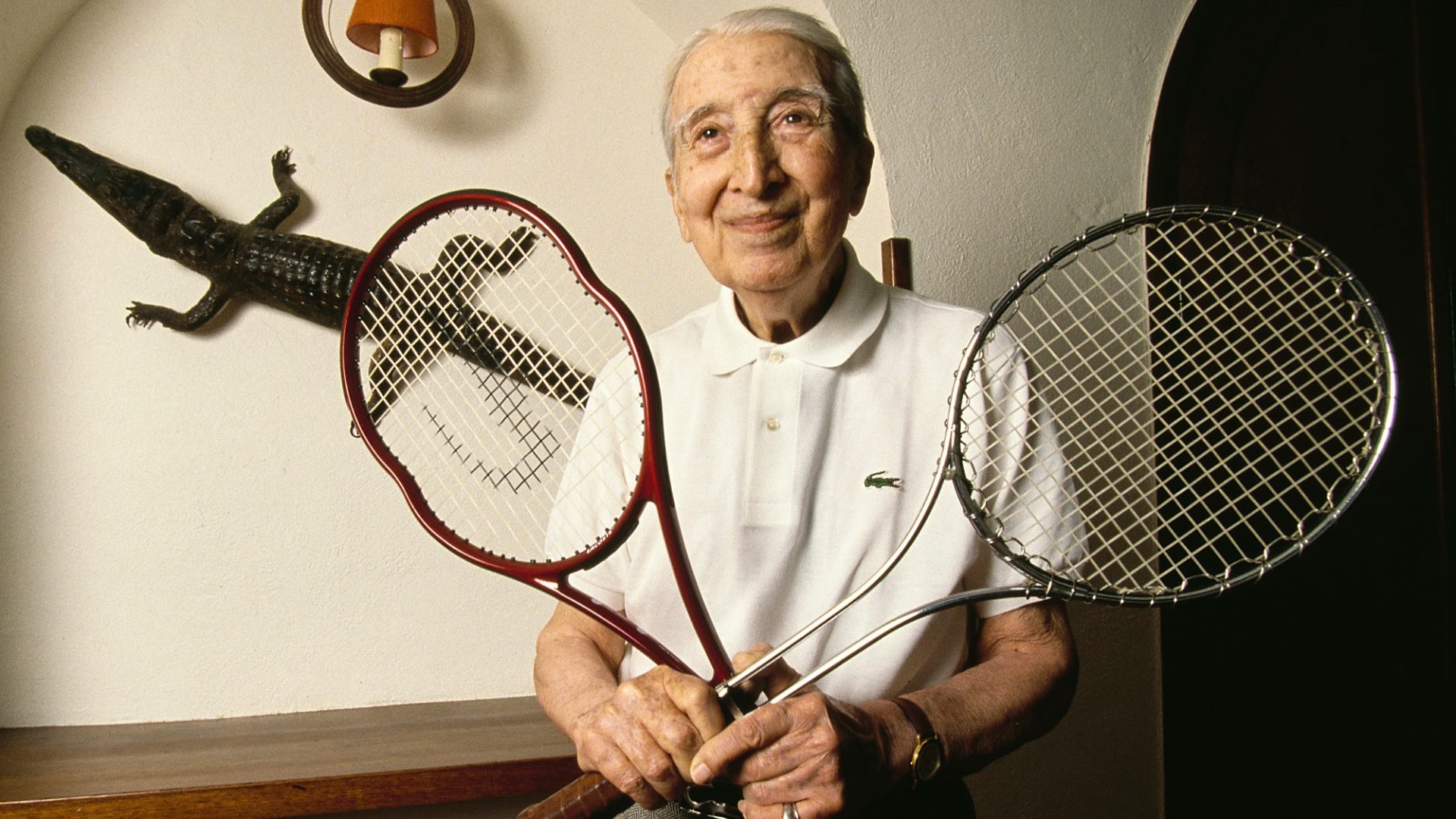The internet’s awful, right? That’s what I’ve been writing about, in one way or another, for the past few years. That’s what everyone’s been talking about. Silicon Valley is a hellscape, whatever goes on in our phones always feels vaguely malevolent, there’s this pervasive sense that things are going from bad to worse, and our screens aren’t helping.
It’s something I can’t stop thinking about because it makes me furious, and because the internet used to be this place I loved a frankly absurd amount. It’s like relationships; you’re more likely to end up having screaming rows with someone you love very much. A couple that never argues is probably not a very solid one.
I loved the internet with every fibre of my being and sometimes – increasingly rarely, these days – it’s good to be reminded of the many, many ways in which it can, or at least could, change people’s lives.
Most recently, I read a story which I would recommend to you all, though I’d gently warn that you may need to have some tissues nearby. It’s about these Norwegian parents whose son was disabled, and spent all his last years playing on the computer alone in his room.
He died very young and they thought it was horrifically sad, both in and of itself and because they worried that he’d failed to leave his mark on the world. He had no real friends and he didn’t leave the house; would anyone not related to him want to mourn him? Then the messages started.
Mats Steen, it turned out, had spent thousands of hours playing World of Warcraft, the sprawling online multiplayer game. He’d made countless friends on it, who he would talk to all day long. He even had an online girlfriend. At his funeral, several of his online friends turned up, and they still gather in the game once a year to celebrate his life.
“I think Mats was lucky to belong to our time, technologically,” one of his online friends told a journalist a few years ago. “ If he had been born 15 years earlier, he wouldn’t have found a community like that.”
It’s both an incredibly touching story and an unremarkable one. For every Mats, there has to be at least another hundred or thousand people whose life was irrevocably changed by the internet. I should know; I was one of them. Mats and I were part of the same generation, and I, too, grew up online.
I started my first blog at 12; at 13, I told my parents I was off to a sleepover one night, then instead took the train to Paris to go to a gig. The friend I was meeting there was called Chiara, and was at university. She was horrified when she found out I was nearly 10 years younger than her, and definitely not old enough to be in a different city by myself. In her defence, she couldn’t have known: we’d met online, thanks to our respective blogs, then become friends on MSN Messenger.
I never did see Chiara again, making her a bit of an exception. I am now 32 and the majority of my friends are people I first met online. In just under 20 years, I have managed to meet dozens and dozens of people after first getting to know them on MySpace, or blogs, or Twitter, or heaven knows where else. It is no exaggeration to say that I have no idea how people
used to build their social circles before social media, as I’ve never had to do it.
To say that it has been amazing would be underselling it. I was a weird kid with few friends at school, and it is entirely possible that I would have remained that way if I’d chosen to be more offline. It’s what worries me about today’s awkward youth: will they be able to have what we had?
The internet has changed so much over the past five years or so. The algorithm has taken over entirely and many popular platforms, like TikTok, only ever expect you to be an audience, not an active participant. How can kids manage to make friends online in that case? If they can’t manage it, what then?
So many lives were changed for the better by this internet which encouraged you to go and find your people, no matter where you lived or who you were. What a privilege to have been born at the right time to experience it; what a sad moment, to realise that the portal has seemingly closed already.



